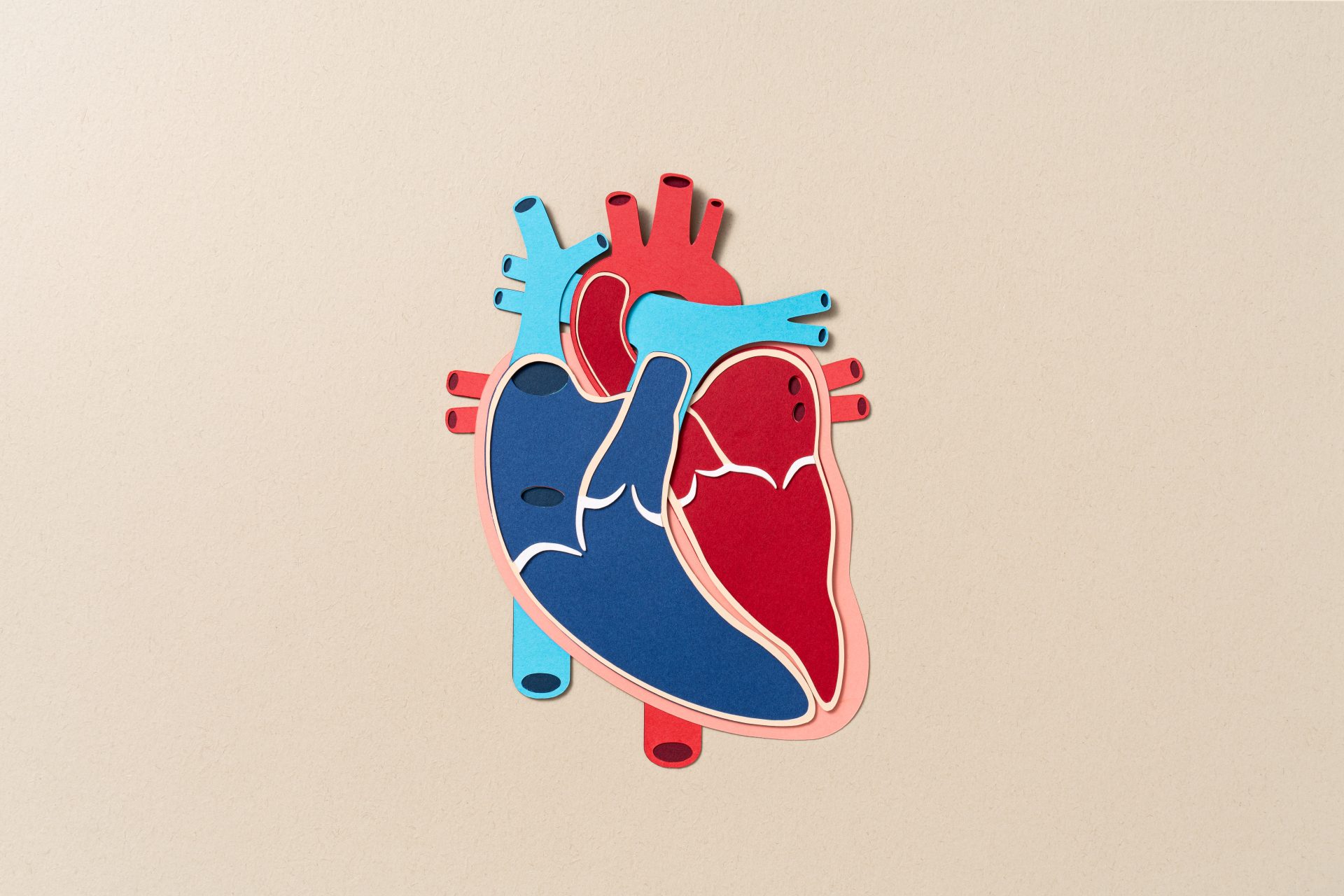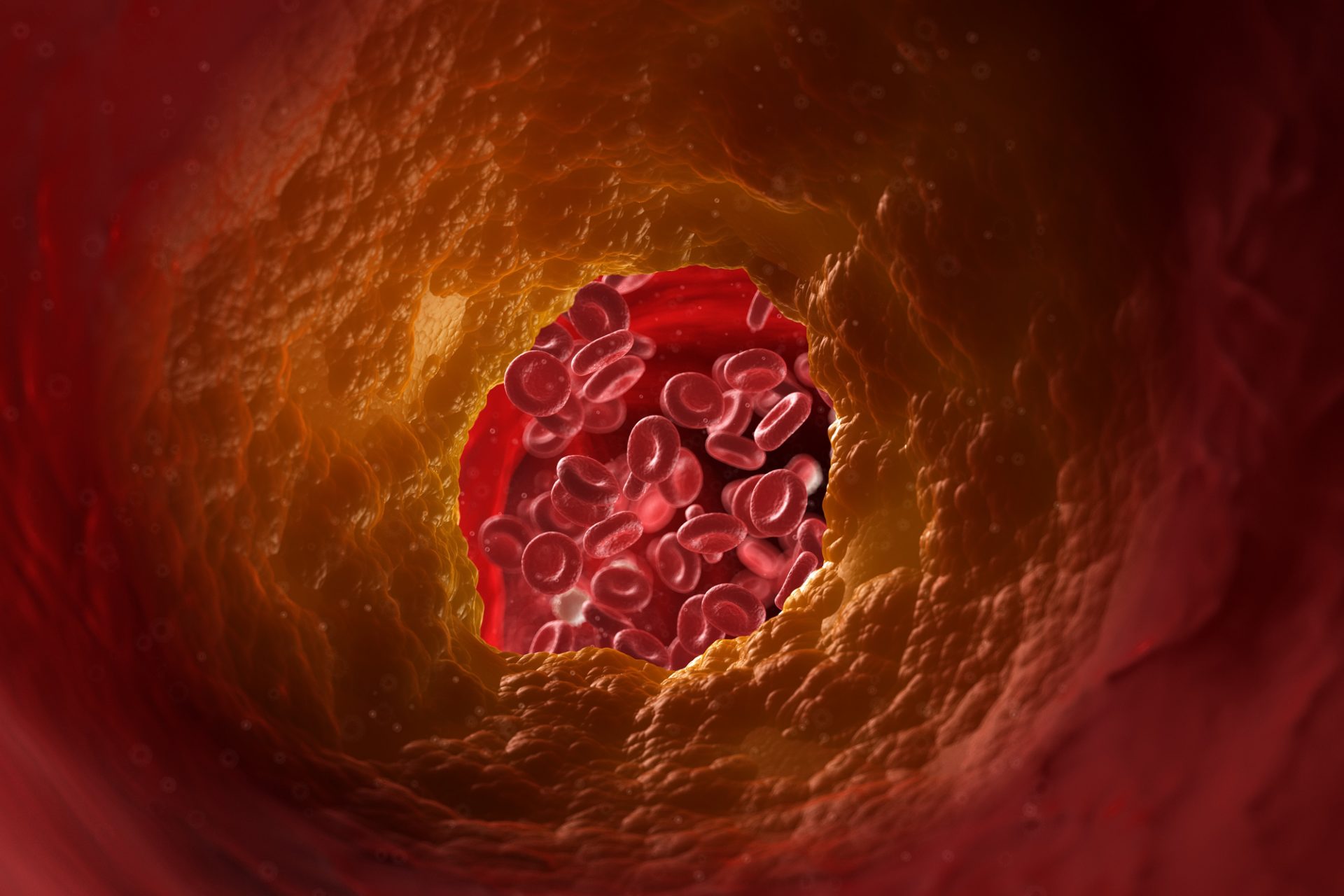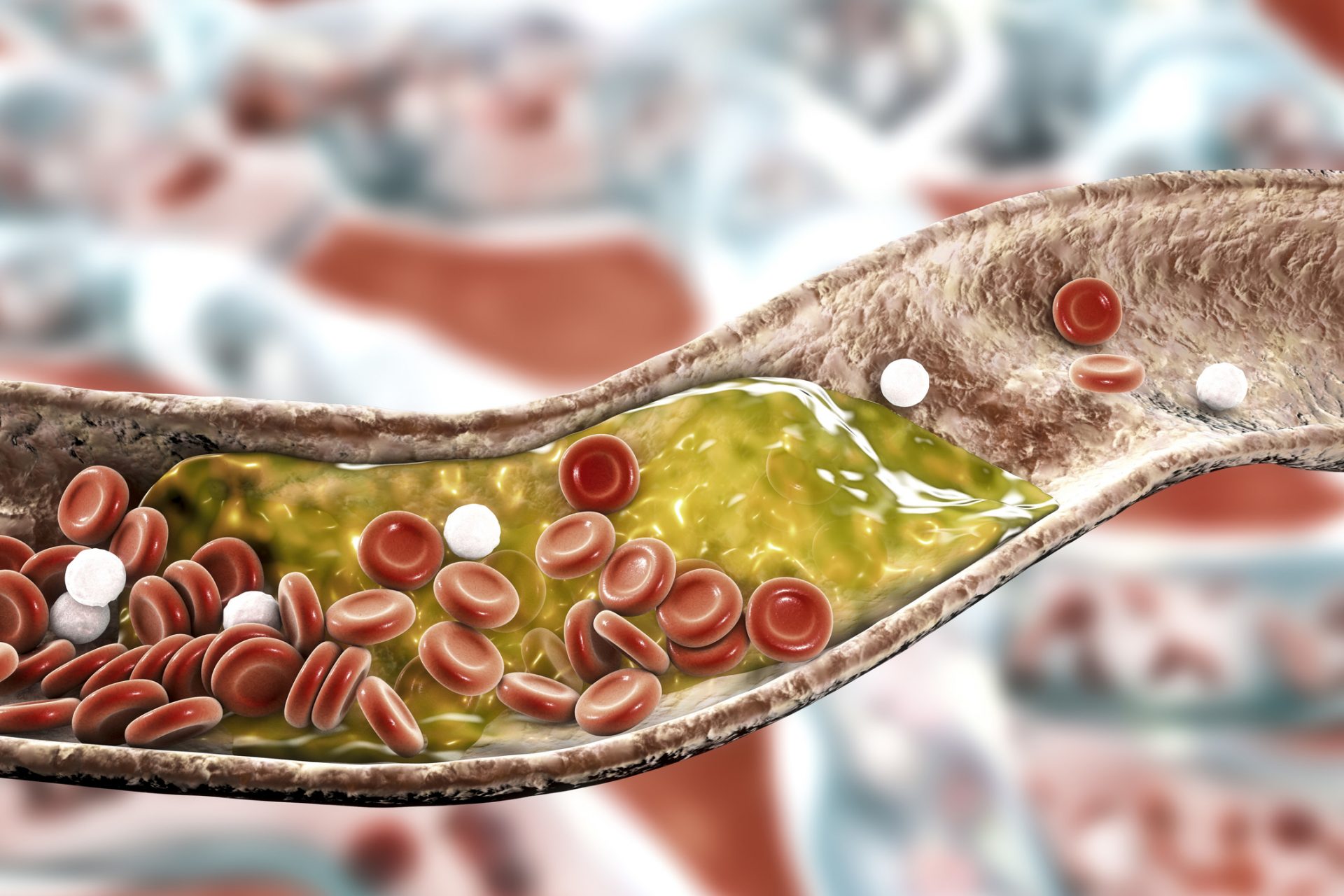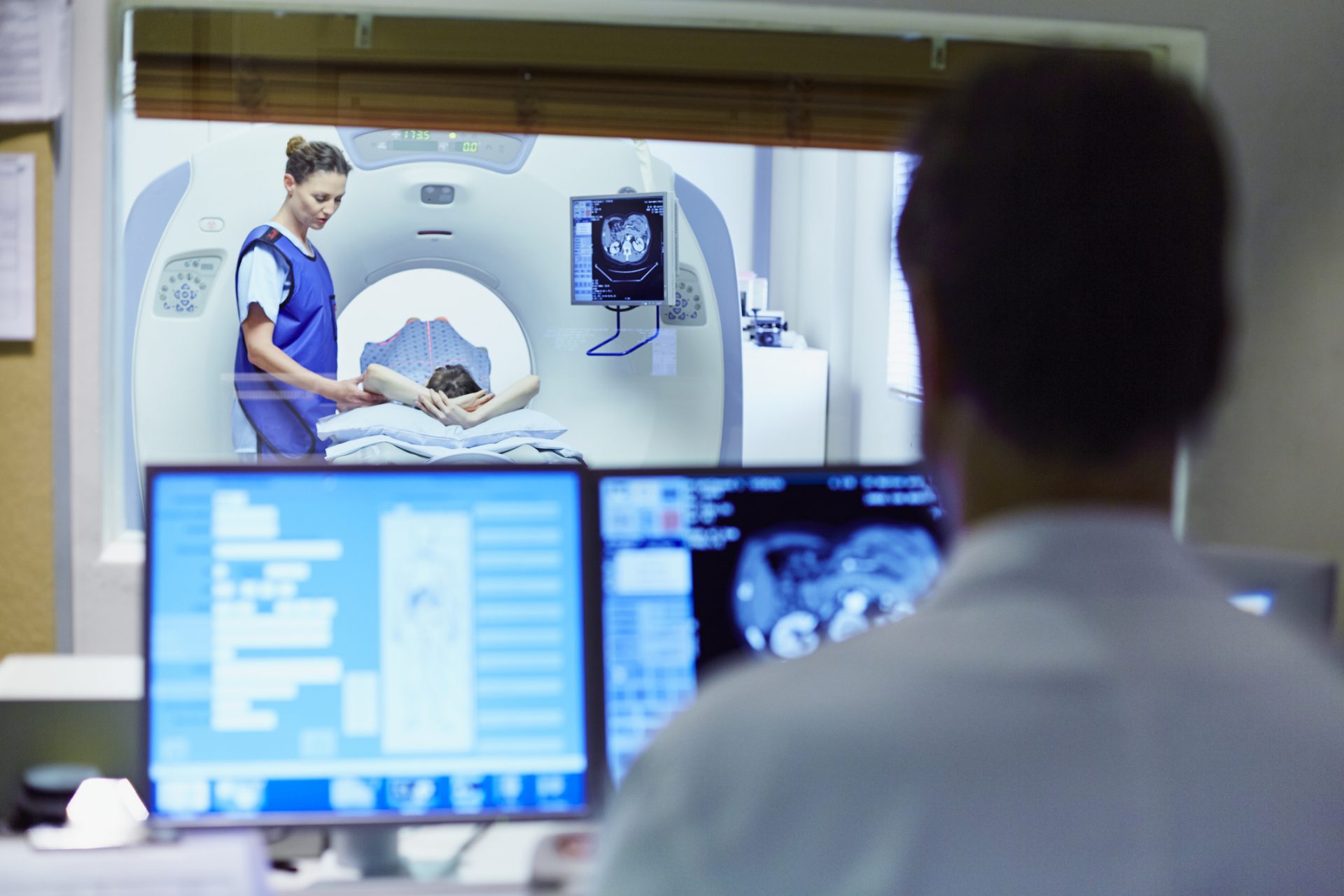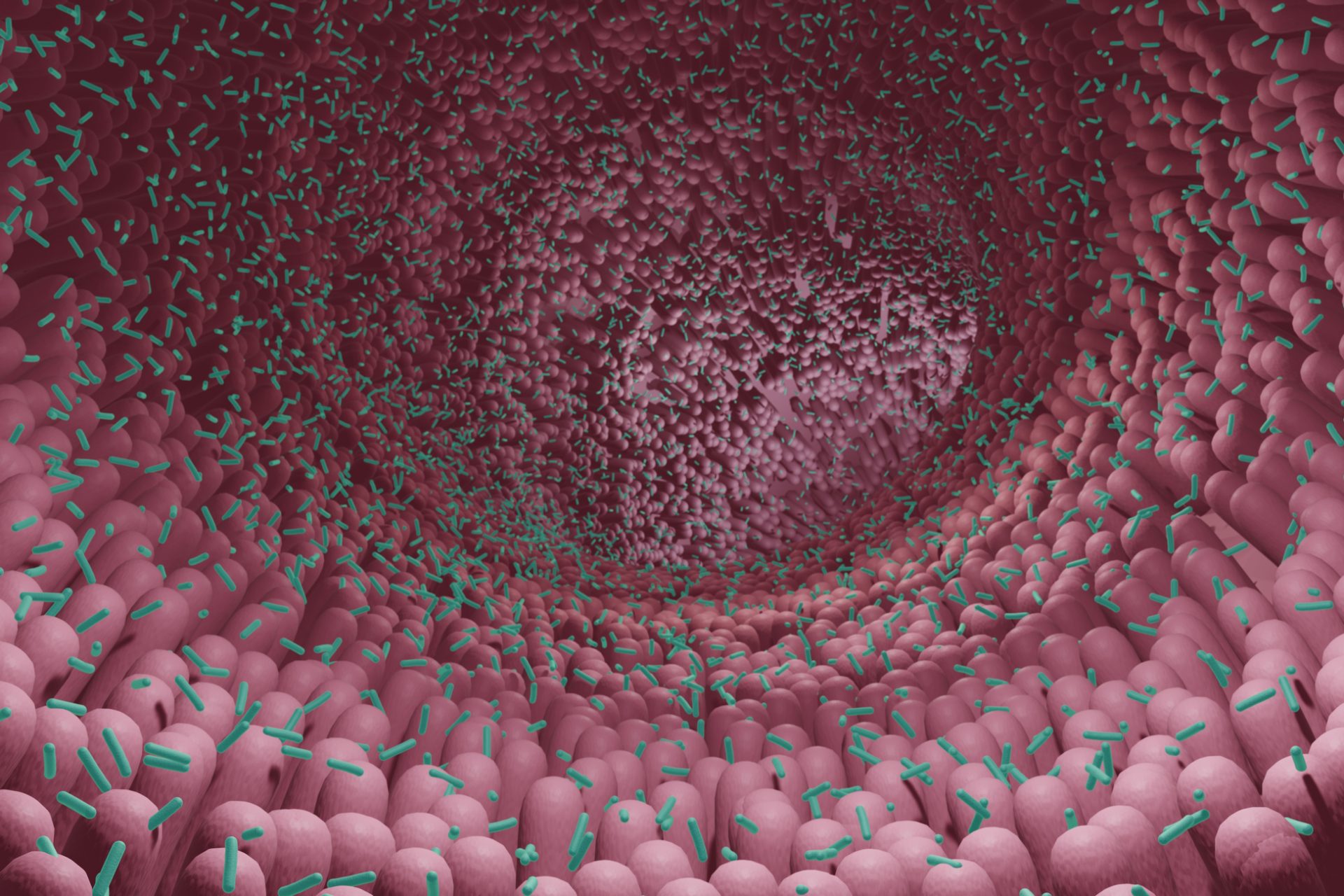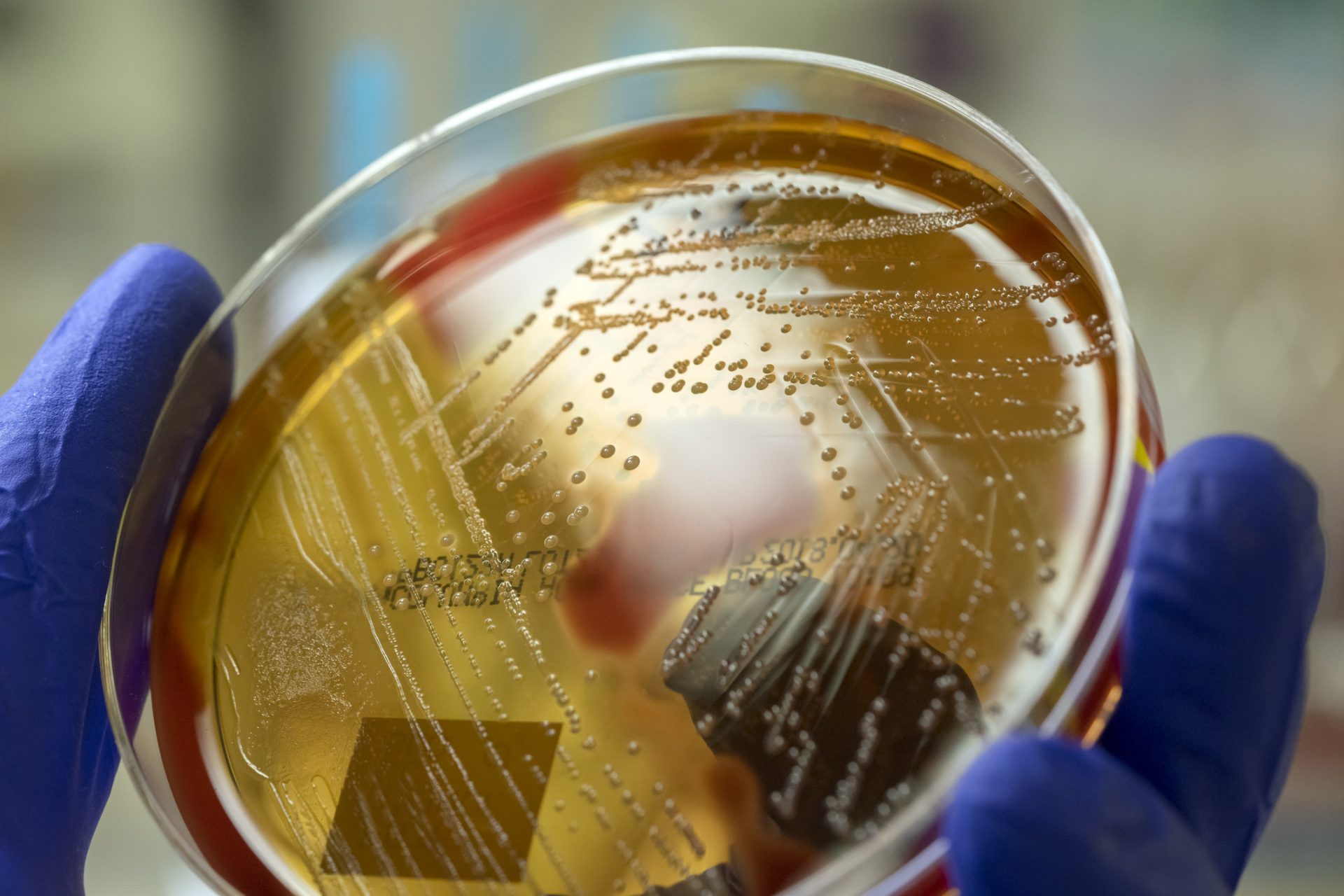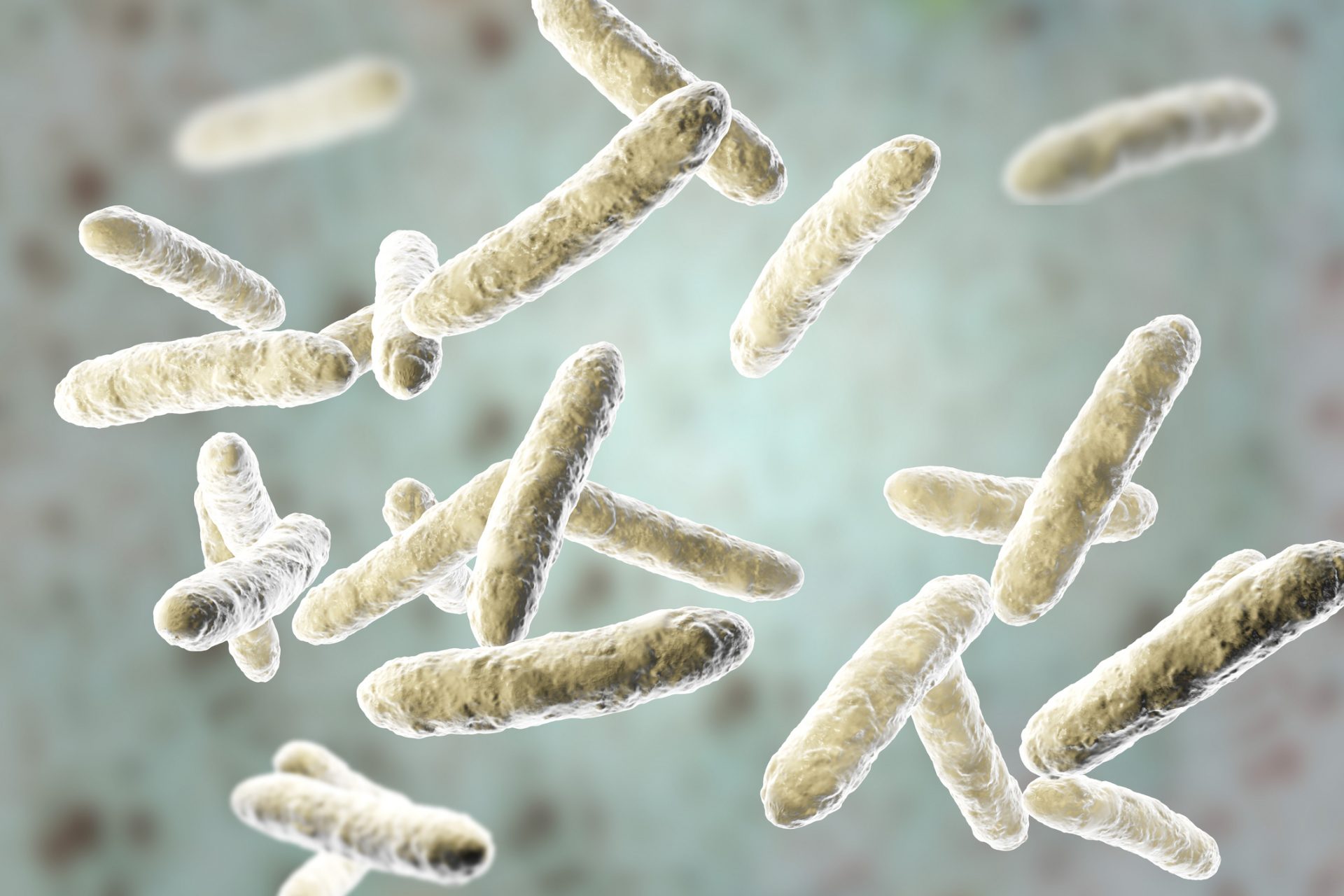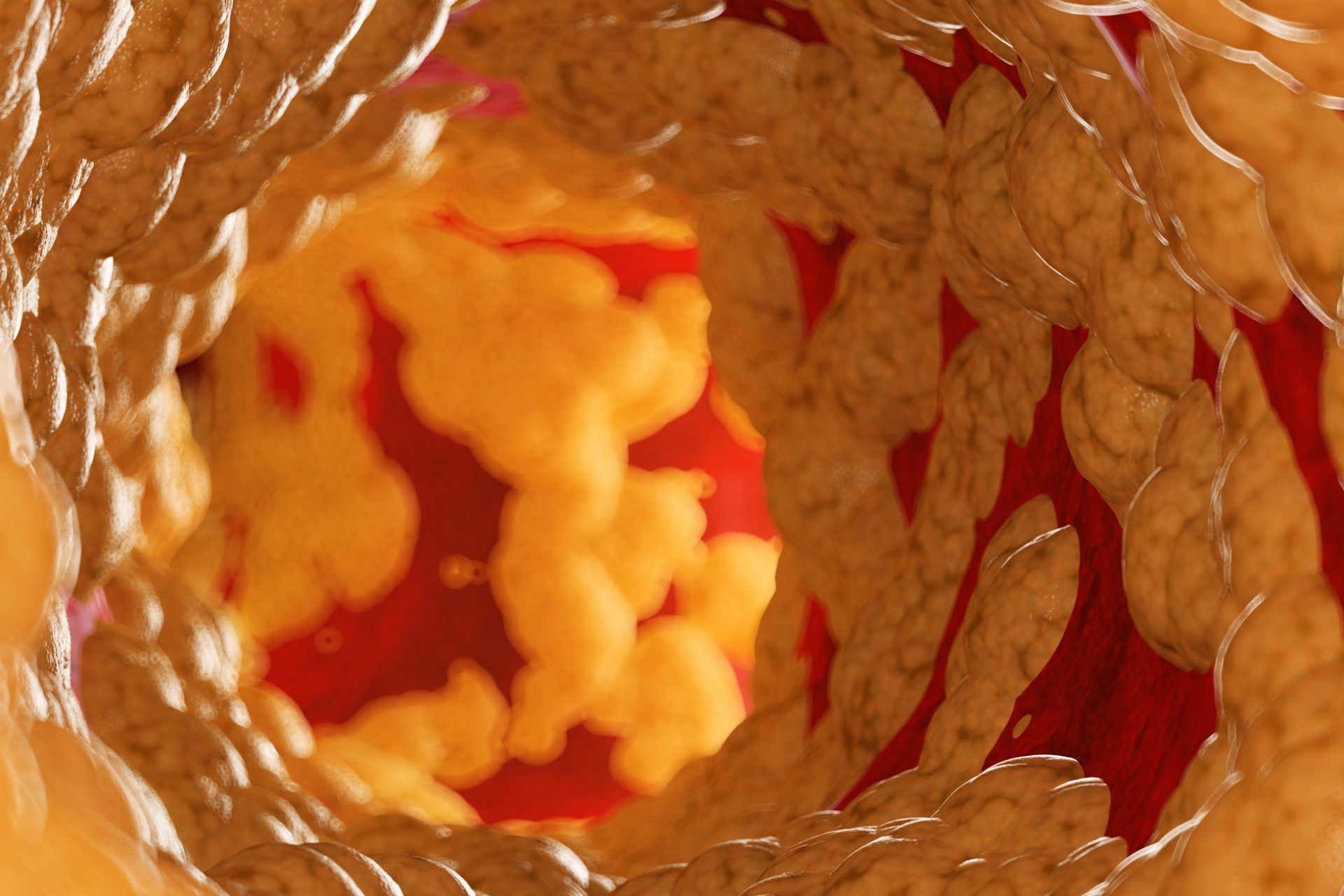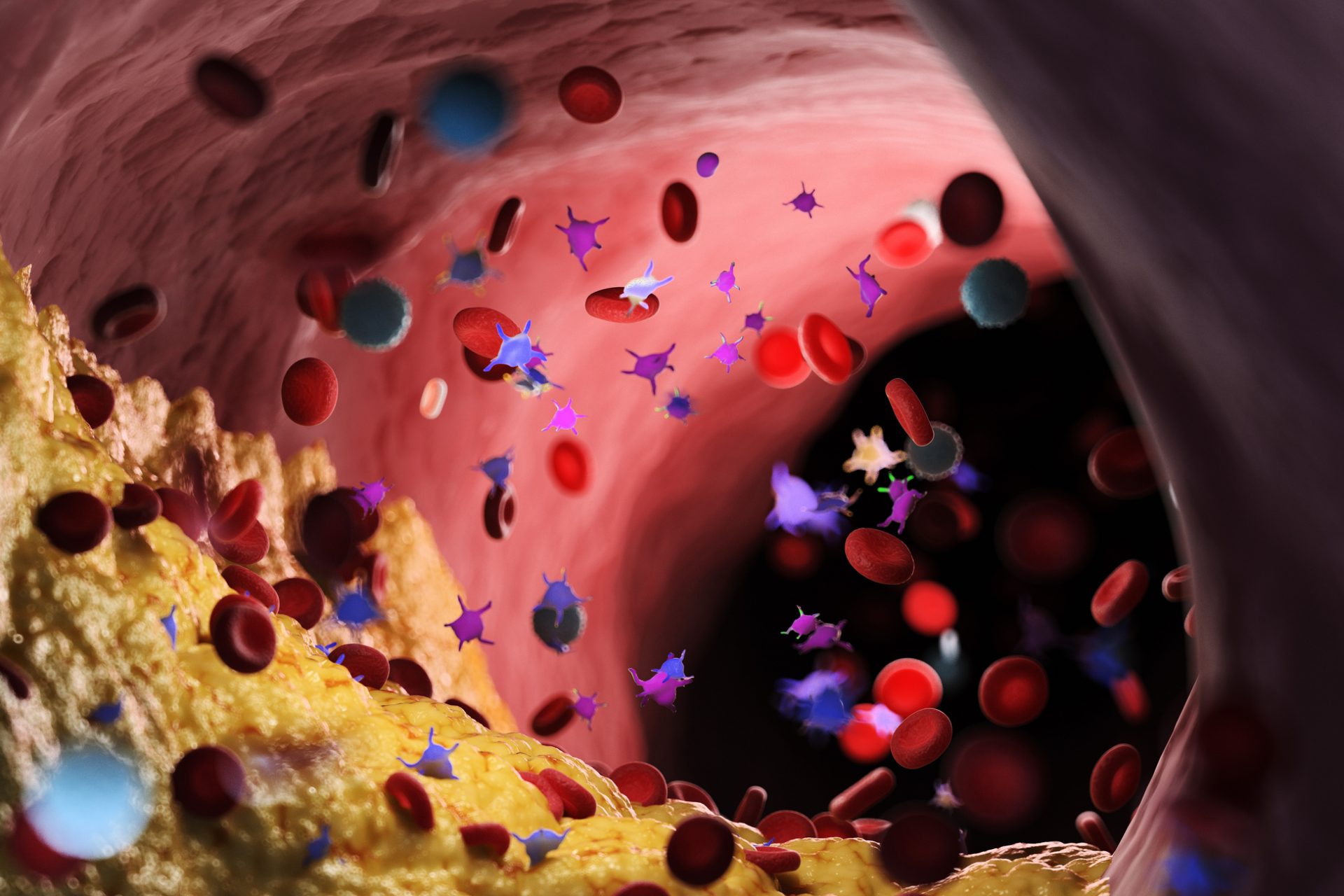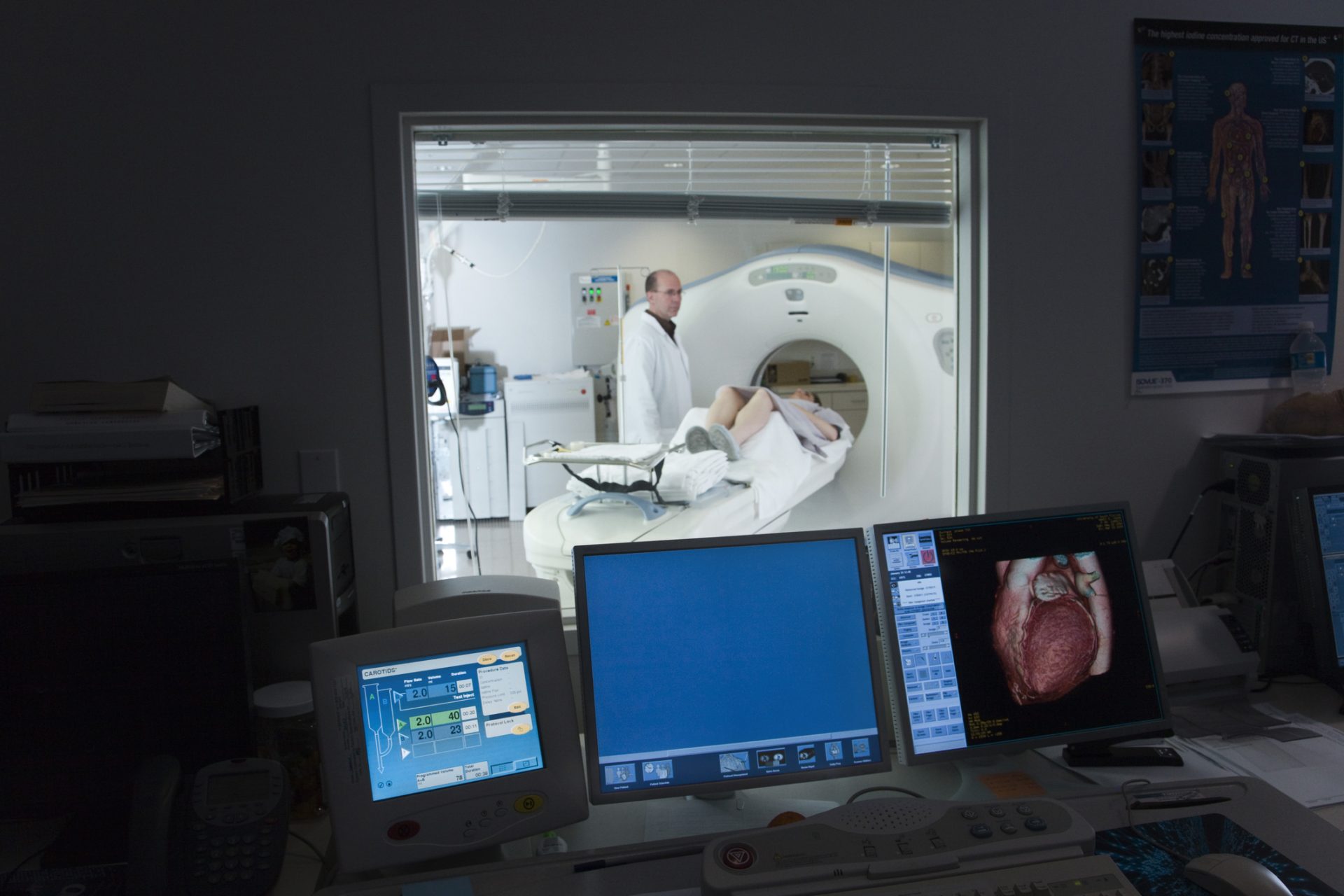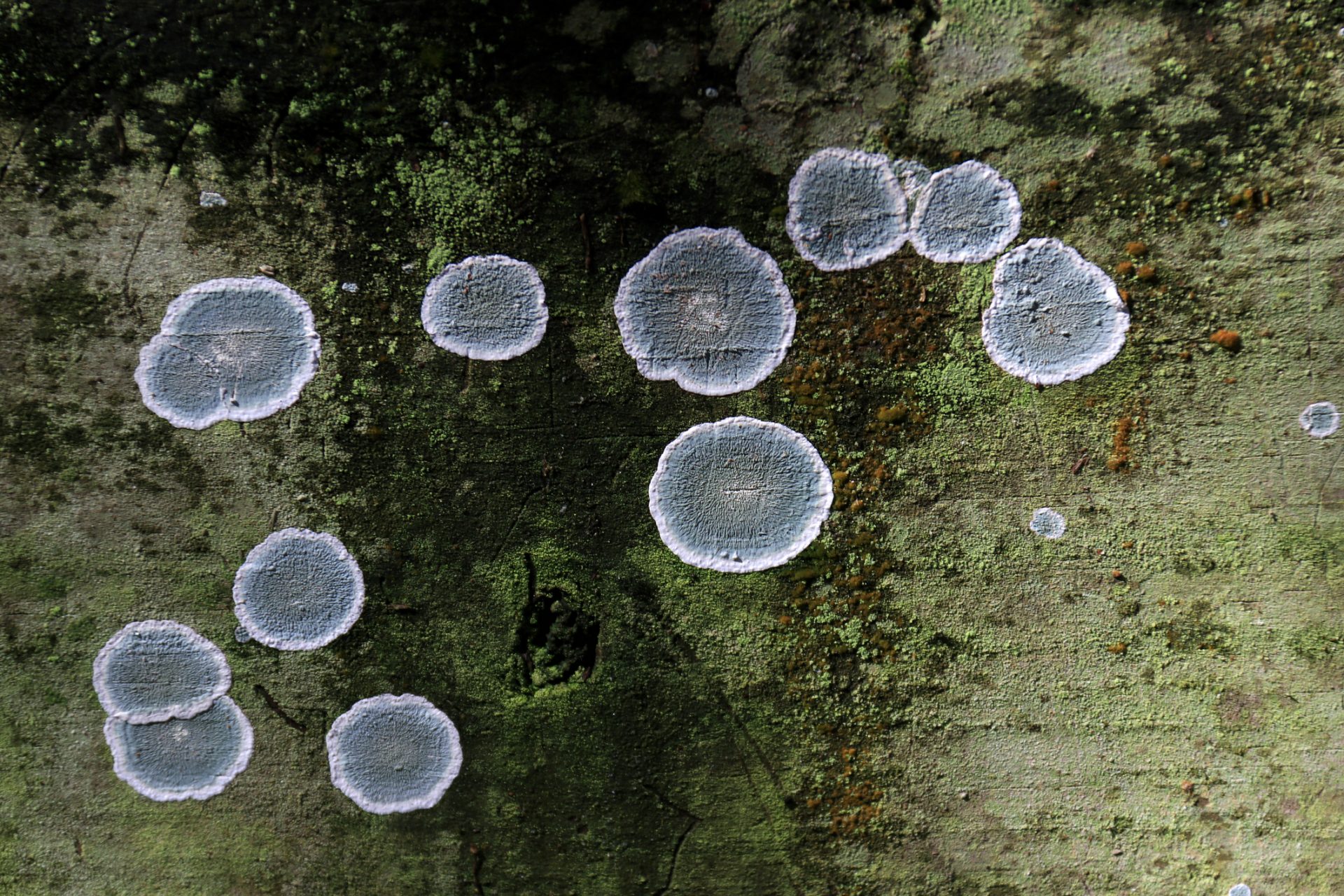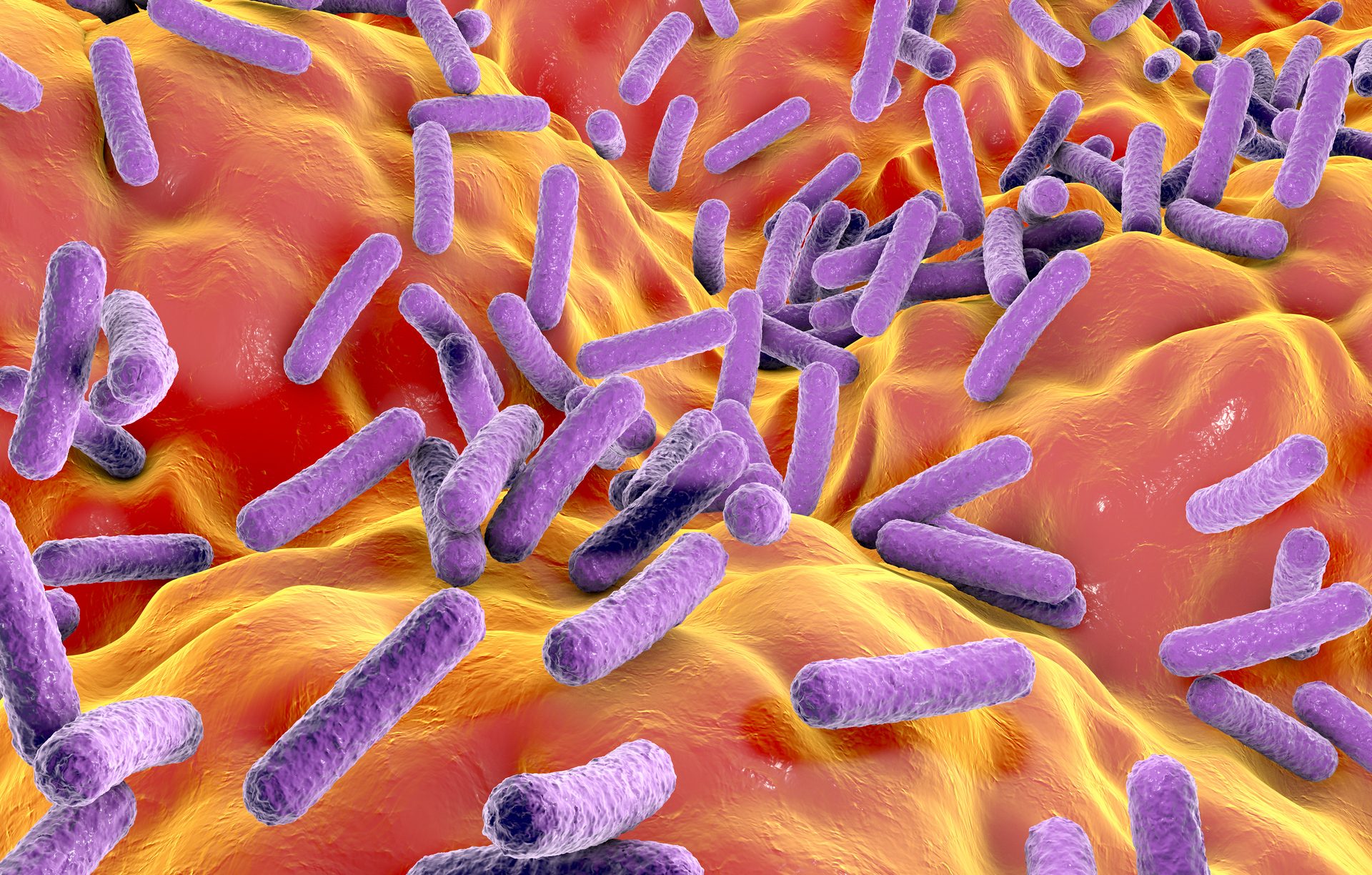Your gut bacteria can affect your heart health new study finds
Research has been slowly revealing the important role gut bacteria play in the everyday health of the human body, linking these microscopic critters to a number of issues that plague those who haven’t properly fostered a robust microbiome in their stomachs.
Atherosclerotic disease, the thickening or hardening of arterial walls, is one such illness that has been linked to gut bacteria by researchers but its relationship to atherosclerosis before it becomes a problem that can land you in the hospital hasn’t been well studied.
How gut bacteria affect the walls of arteries is an important question for doctors to know when trying to determine the best methods to treat their patients and that’s why a group of researchers set to work on figuring out how gut bacteria could affect plaque build-ups.
Researchers based in Sweden aimed to figure out if they could find links between one’s gut microbiome and computed tomography (CT) scans of a participant's levels of coronary atherosclerosis, and what they found seemed quite worrying.
The study looked at 8973 patients between the ages of 50 to 65 years of age who didn’t show any overt signs of arterial hardening or thickening. These participants were pulled from the Swedish Cardiopulmonary Bioimage Study (SCAPIS).
Gut microbiome samples were taken and the CT scans of each participant were studied in relation to what was revealed about their gut bacteria. The science gets a bit difficult to explain here but researchers were able to isolate bacteria species they believed posed serious risks to arteries and heart health.
"We found that oral bacteria, especially species from the Streptococcus genus, are associated with increased occurrence of atherosclerotic plaques in the small arteries of the heart when present in the gut flora,” Professor Tove Fall noted in a news release.
Fall is a Professor of Molecular Epidemiology at Uppsala University and a co-author of the study. She went on to explain that Streptococcus was a known cause of pneumonia and infections of the throat as well as of the skin and in the heart’s valves.
"We now need to understand whether these bacteria are contributing to atherosclerosis development,” Professor Fall added, hinting that more research might be needed before we can definitively say that the Streptococcus genus plays a role in arterial hardening.
Advancements in a variety of technologies are what allowed the researchers to find the links between gut bacteria and the buildup of fat deposits in the arteries of the heart as well as improvements in imaging techniques noted a press release from Uppsala University.
However, the searchers didn’t just find one potential bacterial candidate they could link to fatty deposits in the heart. Sixty-four other species were associated with the buildup of gunk in coronary arteries independent of the cardiovascular risk factors identified.
“The large number of samples with high-quality data from cardiac imaging and gut flora allowed us to identify novel associations,” explained lead author Sergi Sayols-Baixeras.
"Among our most significant findings, Streptococcus anginosus and S. oralis subsp. oralis were the two strongest ones,” the postdoctoral researcher at Uppsala University added in a news release.
Interestingly, 19 species of bacteria species found to be associated with fatty buildups in the arteries of the heart were found in the mouths of their participants and were also associated with a number of inflammation markers in the blood according to the press release.
“We have just started to understand how the human host and the bacterial community in the different compartments of the body affect each other,” explained the study’s lead author Marju Orho-Melander, a Professor of Genetic Epidemiology at Lund University.
“Our study shows worse cardiovascular health in carriers of streptococci in their gut. We now need to investigate if these bacteria are important players in atherosclerosis development,” Orho-Melander added.
More for you
Top Stories



